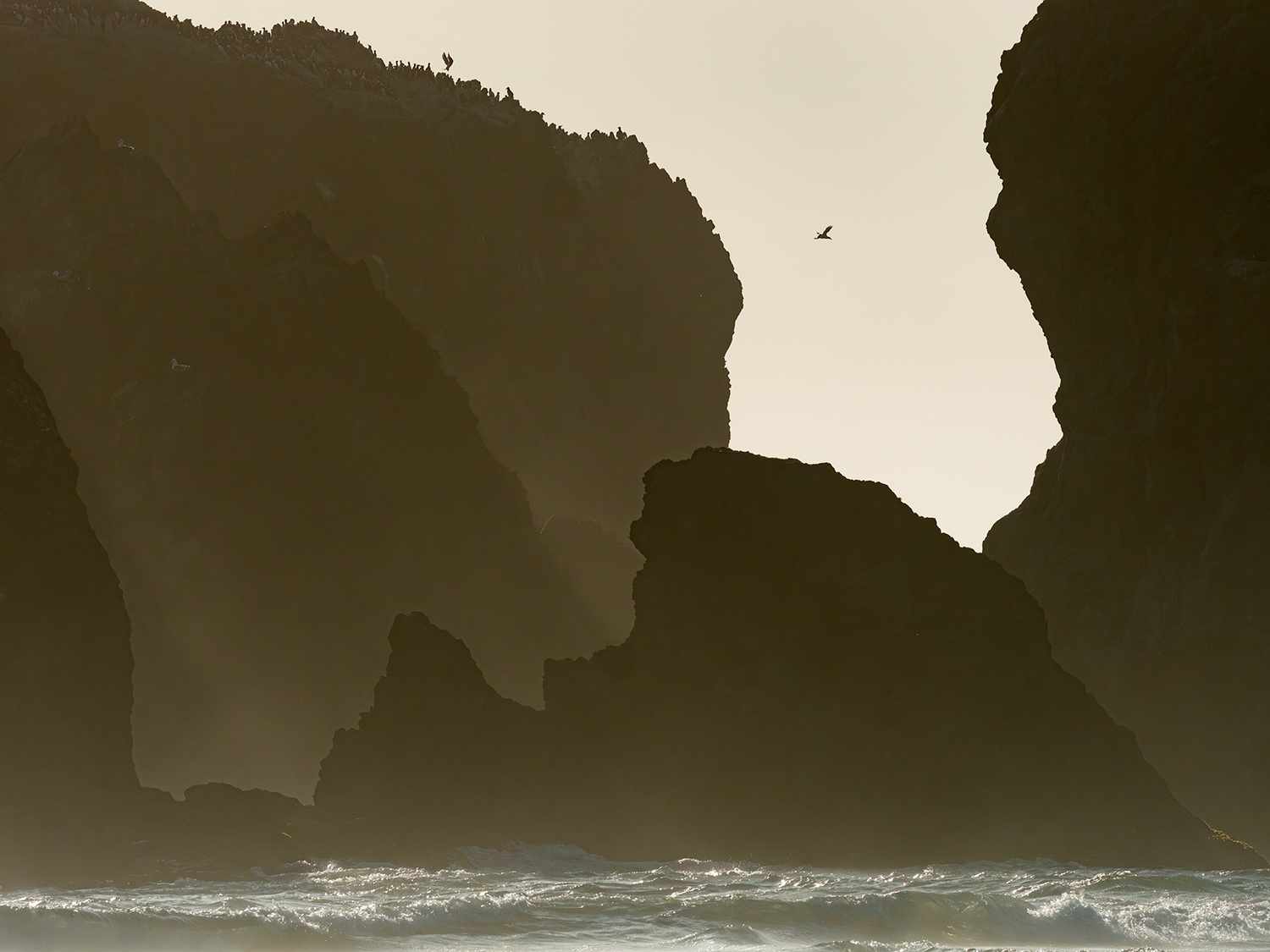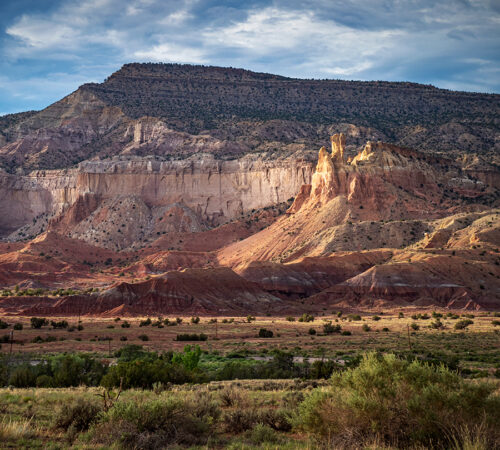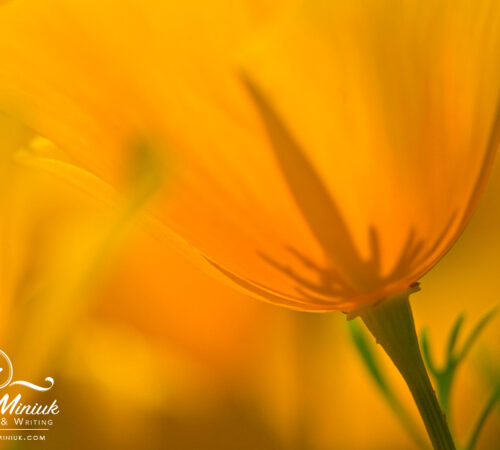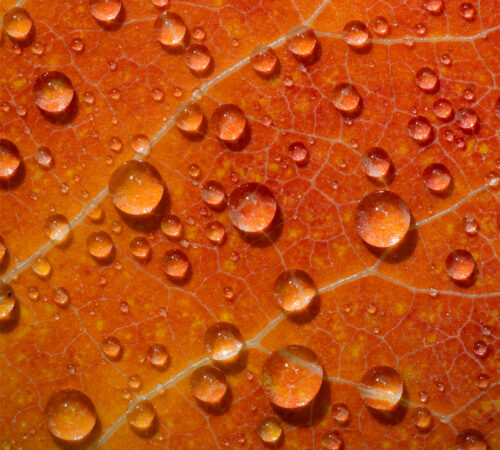Resolving Resolutions

Dear Bubbles,
I’ve heard you choose a word-of-the-year instead of making a New Year’s resolution. If this is true, could you be so kind to tell me why you do this, and if you’re willing to reveal it, what word have you chosen for this year?
~Tired of Resolutions
Dear Tired of Resolutions,
The origin of new year’s resolutions dates back over 4000 years ago. Ancient Bablyonians celebrated their new year with a festival called “Akitu” in March when they planted their crops. In hopes of a bountiful year ahead, the Bablyonians made pledges and offerings to their king and gods.
Julius Caesar designated January 1 the start of the new year around 46 B.C. The word January praised the Ancient Roman god, Janus, who was seen as the god of, among other things, beginnings, transitions, and doorways. Like those before them, the Romans made promises to Janus in hopes of future prosperity.
Since then, many different cultures and religions have adopted the practice of making resolutions at the start of the year. Over time, though, this approach has evolved away from appeasing the powers-that-be to taking assessment of and changing one’s own habits and behaviors. The most common resolutions today include things like weight loss, improving one’s diet, quitting smoking and/or drinking, spending less and/or saving more money, or learning a new skill.
According to the History Channel, research suggests “while as many as 45 percent of Americans say they usually make New Year’s resolutions, only 8 percent are successful in achieving their goals.” Here’s hoping the ancient Bablyonians and Romans were more accomplished in satisfying their gods!
I used to be a part of that 45 percent. The overachieving perfectionist I was actually looked forward to the moment where I could renew my commitment to perfection and achievement. So when the first of the year rolled in I, too, made promises to do things like eat better, drink less, and exercise more. You can guess what happened next…Two weeks later, life would happen, and I’d get derailed or distracted. When I wasn’t able to check my own box, I felt like a failure. In just two weeks into a year. With fifty weeks more to go. Yeah, that didn’t exactly set my mental state up for success.
When I left Intel in 2007 and started freelancing, I established an annual process of analyzing my business progress around the turn of the year. I called them “Bored Meetings” (not Board Meetings—I didn’t want to get too…corporate). In them, I reviewed what was going well, what wasn’t, and what goals I hoped to achieve in the next twelve months. It’s an agenda I adopted from the “post-mortems” I conducted at the conclusion of a software development project at Intel—only with a little more positive, and perhaps more sarcastic and lighter, spin on it. Attendees were me, my cat (when he was alive), and two glasses of wine. Things definitely got lighter and more sarcastic after the first glass of wine.
Then, in the aftermath of an unexpected left-hand turn in my life in 2015, I started becoming acutely aware of what the voices of society told me was appropriate versus what I believed was right for me and my life. I started asking why I believed the things I believed. I wondered why I was doing what I was doing. Why did I want to exercise? (To feel good about myself.) Why did I want to save money? (To reduce financial risk in case of future unforeseen issues.) Why did I want to read more books and take more classes? (To feed my curiosity, improve my critical thinking skills, and expand my knowledge.) Why, why, why. In challenging my thoughts, I was able to shed things, behaviors, beliefs, and habits that were not supporting me and my mental health. This made room for the things, behaviors, beliefs, and habits I wanted to incorporate to make me a more fulfilled human. It released an enormous amount of pressure, stress, and disappointment. It brought confidence, empowerment, and joy.
I came to understand that I loved reflecting about what was working in my life—and what wasn’t. (Over-analyzing is one of my superpowers.) To do so at the beginning of the year was a productive exercise for me in marking my progress in this life. I simultaneously realized that defining an empty new year’s resolution, one I wasn’t likely to attain anyhow, on a single arbitrary day was self-destructive. It’s not how I wanted to live my life.
So, with all due respect to the ancient Bablyonians, Romans, and those who have come before me, I ditched new year’s resolutions and replaced the notion with a single word to live by every day of the year, something that would encourage my growth and facilitate fulfillment moment by moment. After all, things like “January 1,” “New Year’s,” and “2024” are all human constructs. They are labels humans applied to make order out of the thing we call time. In the absence of the labels, every day is a new day. Every moment is an opportunity. You can decide to adjust your sails any time you wish. And I do!
As a writer, words—and their etymology, sound, and rhythm—fascinate me. I subscribe to Merriam-Webster’s Word of the Day. I play Wordle each morning. When I come across a word I don’t know, I study it and immediately try to incorporate into my conversations, writings, and even my photographs. I’ve talked before about how I tie verbal and visual language to make my photographs (see “Help-U Haiku” https://dearbubbles.com/2020/06/help-u-haiku/ for a refresher). Words and how we use words matter. To expand your vocabulary is to expand your creativity.
Similarly, to adopt a single word is to set an intention, to explore how the concept can help me be the person I am and the person I wish to become. My words from previous years include courage, freedom, release, gratitude, and peace (twice, which paired quite nicely with piece, as in a piece of pie). Normally, settling into a single concept works for the entire year. Sometimes it doesn’t. I changed my word in the middle of 2023 (because every day is a new day!). The word I switched to is the word I’m keeping for 2024. It’s “uketamo.”
I discovered this word, and concept, while researching wabi-sabi for the Dear Bubbles column in early August 2023 (Go for the Gold). So a big thank you to Curious for their question! Uketamo is a Japanese philosophy that means “I humbly accept with an open heart.” The Yamabushi monks, who are credited with the word’s origin, believed the sooner we accept what life throws at us, good and not-so-good, the more peace we’ll feel.
The timing for learning this word was perfect, too. The universe had dished out some pretty hefty challenges to me over the last year but seemed to concentrate super big waves in June and July. Family health scares. Broken air conditioning at my house (in 110-degree heat). Being diagnosed with pterygium (surfer’s eye). Tire explosion on my truck. So at the end of July, when I heard this word, I immediately gravitated to it. It was a beautiful—and well-timed—reminder that I could not control the things happening to me, but I could control my response toward them and learn from the unexpected. It enabled me to trust the miraculous process of living even if I didn’t understand it or even like it at times. Uketamo.
It had applications in my photography too:
Fall colors arrived late in Acadia National Park in Maine this October. And what did arrive was not as colorful as years before. Uketamo. My two amazing workshop groups still found ways to grow as photographers and to express the beauty in the changing seasons through their own lenses (and finish the bag of chocolates).
I was truckless, camperless, and thus, homebound for all of November while my truck and camper were being repaired (after the tire explosion). I didn’t photograph much during that time. Uketamo. The space and time helped me finish the development edit on my memoir manuscript, a major milestone toward publication.
In reviewing my photographs from the year, for the second year in a row, I made few images of big, broad landscape scenes. And I call myself a landscape photographer and my go-to lens used to be my 7-14mm wide-angle lens! Uketamo. I thrived in making images in that middle ground, of intimate scenes that fall between big landscapes and small macros, that has eluded me. I’m proud of my growth as an artist.
Even with family members recovered, air conditioning repaired, and tires and truck bed replaced, I kept repeating the word. Uketamo. In these moments, I felt grateful to those who had helped me and my family members in need. I felt proud that I had faced these challenges with a more confident and peaceful attitude than ever before (after almost two years of focusing on, learning about, and practicing “peace” as my word of the year…or maybe it was all the pieces of pie…). Uketamo. It felt good to my soul.
What also felt good to my soul was feeding my curiosity and exploring a new idea. I have learned, with delight, that uketamo ties to the wabi-sabi teachings of impermanence and imperfection. It also ties to ikigai, or finding joy in life through purpose. As I wrote in my “Get Your Ikigai On” column, “I believe my ikigai is to help others discover. Discover beauty in the world, places to explore, new ideas to try. Discover new things about themselves, the strength that lies within, and confidence in their uniqueness. Discover how if we each share our talents with our communities how we each have the power to make this world a better place for all. To make this happen, I first have to challenge and discover myself, which brings me immeasurable joy, then share it with others, which brings me equally immeasurable joy.”
Adopting this word is my way of honoring and respecting a culture different than my own while expanding my understanding of this world. As a byproduct, I get to learn about myself and fulfill what I feel is my purpose, my ikigai, on this wild ride called life.
So uketamo will be my focus for now and the foreseeable future. I still conduct annual Bored Meetings for my businesses. My selected word-of-the-year goes on top of my annual business plan’s page. While this serves as a beacon amidst uncertainty, unknowns, and sometimes chaos, I am not afraid to change it at any time should I find a new word that fits my current life situation better. After all, that’s the heart of uketamo.
Keep in mind, what works for me may not work for you, and that A-OK. If making an annual resolution fires you up and inspires you to live your life to the fullest, awesome. If picking a word or phrase works better, awesome. If you choose to do absolutely nothing in this regard at the start of the year, awesome. I’m a big believer in doing what’s right for you. What I care most about is that you feel excited and proud about yourself, your art, and your life, courageous when navigating challenges, and confident in your own existence. How you get there is entirely your choice. Resolve it for yourself. Whatever you decide, keep in mind, “Every year, you make a resolution to change yourself. This year, make a resolution to be yourself.” Although the author of this quote is unknown, its message is spot on.
Whether you plan to make a resolution, choose a word or phrase, or decide to do absolutely nothing but continuing to live your life, I’d love to hear what direction you’re headed. I sure hope to cross paths with you out there somewhere. For now, know that I am filled with gratitude to you for being an important part of my journey in life and photography and on this Dear Bubbles journey. Uketamo.
Be well, be wild,
Bubbles
If you liked this post and others like it, please consider supporting Dear Bubbles either through a monthly contribution through Patreon or a one-time donation through Buy Me a Coffee. Learn more about both at https://dearbubbles.com/support.
Have a question about photography, art, and/or the creative life? Need some advice? Looking for inspiration? Send your question to Dear Bubbles at colleen@colleenminiuk.com to be possibly featured in a future column post. (If you’d prefer a different display name than your real first name, please include your preferred nickname in your note.





4 Comments
Toni Francis
Love your article!
I also adopted a word for the year and write it on a chalk board by my waterfall outside.
This year’s word is Reverance.
As I have slowed down in simplicity the last 3 months on the road, I am brought back to the stillness of the land.
Reverence began again on the Colorado River in the Grand Canyon.
Each bend of the river brought back what I had lost since living off the grid.
Thank you for sparking Reverence in my life.
Bubbles
Oh Toni, thank you for sharing your beautiful sentiments! I’m so glad to hear your time with the river and canyon on our trip inspired you to reconnect you to the things you cherished most. I love the word Reverence (we do a reverence in at the end of ballet classes!). May it fill your world with meaning, peace, and oh-so-much awe and wonder. Hugs!
Garry Fritz
Excellent advice as always.
I was never much on resolutions, but a single word seems a lot more simple. My whole life I’ve been curious about just about everything. I always wanted to know how things work. Even as a child I would take toys apart to see how they worked. I have been photographing for a long time and have realized I’ve been doing that with my photography. I’ve seen countless videos, taken workshops, and followed a lot of photo blogs to see how a good photo is produced. So my word for this year is, Practice.
Thomas Edison said, “Vision without execution is hallucination”. So, this year i”ll parctice much more.
Thank you for your inspiration.
Bubbles
Love it, Garry! Sounds like your brain is ready to put all that knowledge you’ve collected to good use this year. How exciting! Will be interesting to see how your photography evolves through your practicing. That’s a great Thomas Edison quote, by the way–one I hadn’t heard before but one I’ll sure use. Keep practicing!! And thanks for reading!